Cuba Bird Survey with David La Puma
Including Cuba’s Western Mountains, Zapata Swamp, Atlantic Archipelago, Escambray Valley and Colonial Havana
January – 14 – 24, 2023
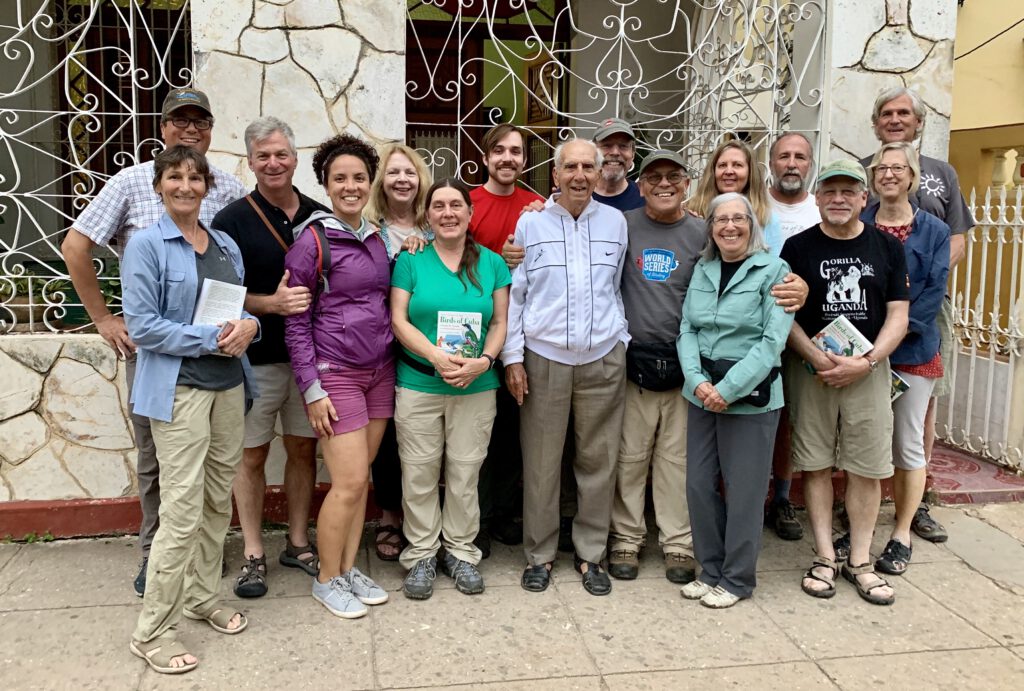
You are invited to join Dr. David La Puma, former Director of the Cape May Bird Observatory on an exclusive, U.S. led and managed birding program to Cuba! The program is managed by the Caribbean Conservation Trust, Inc. (CCT), which is based in Connecticut. In early 2022 CCT staff began their 26th year of managing bird conservation and natural history programs in Cuba. Along with David, our team will include Cuban biologist and museum curator Dr. Giraldo Alayon, a bilingual Cuban tour leader and local naturalists in 4 different birding regions. They will guide you through some of the best bird habitat in Cuba, the Caribbean’s largest and most ecologically diverse island nation.
CCT designed this itinerary to take you to Cuba’s finest bird habitats, most beautiful national parks, diverse biosphere reserves, and unique natural areas. We will interact with local scientists and naturalists who work in research and conservation. In addition to birding, we will learn about the ecology and history of regions we visit. Finally, and especially given the ongoing changes in U.S. – Cuban relations, we can expect some degree of inquiry into fascinating aspects of Cuban culture, history, and daily living during our visit.
Cuba’s Birds
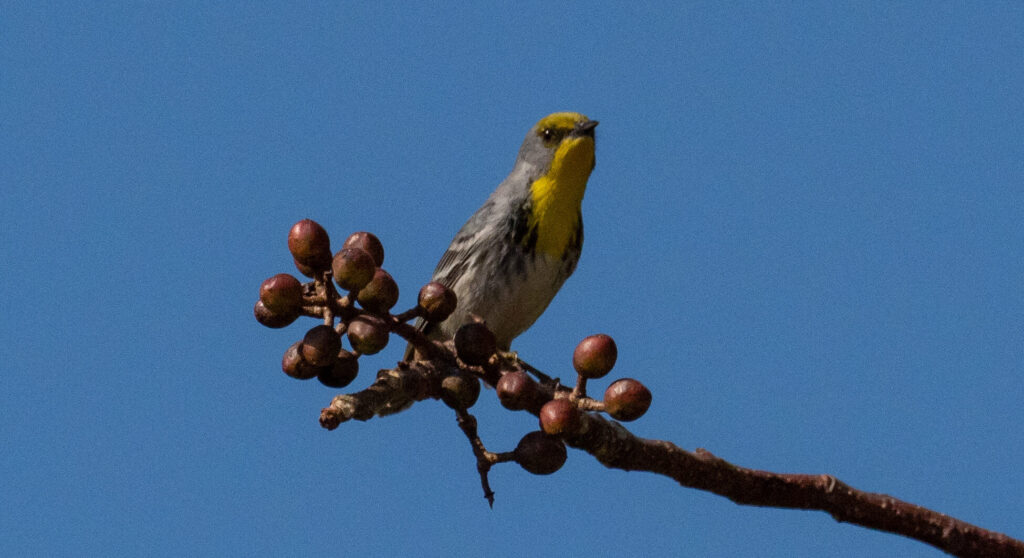
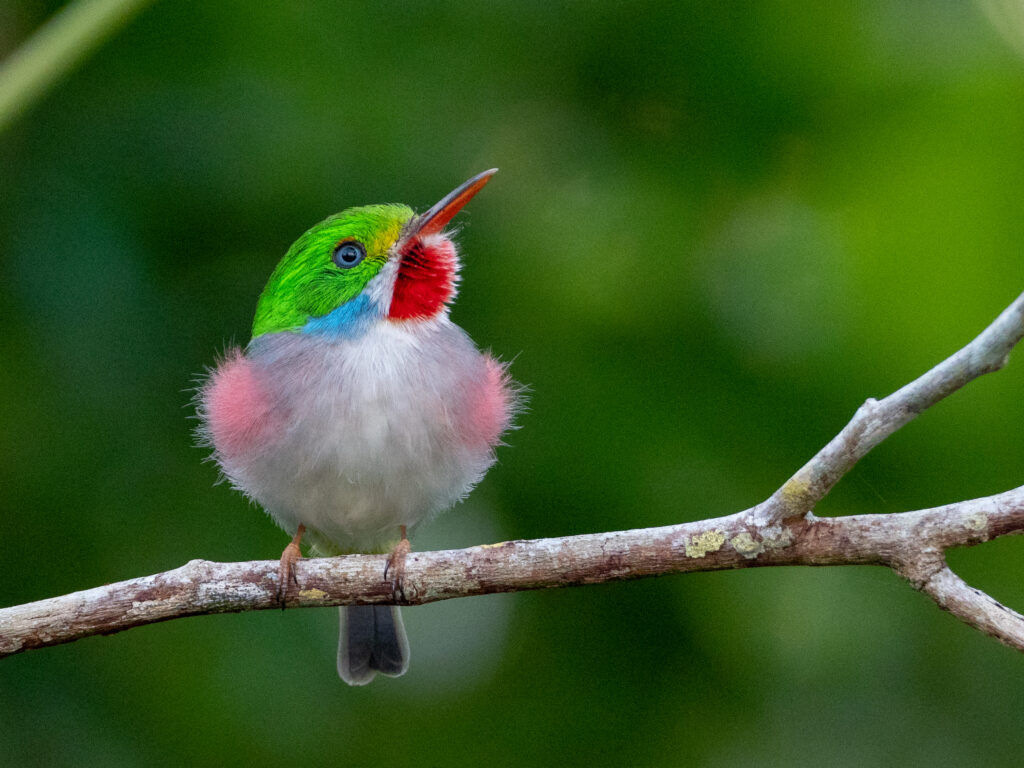
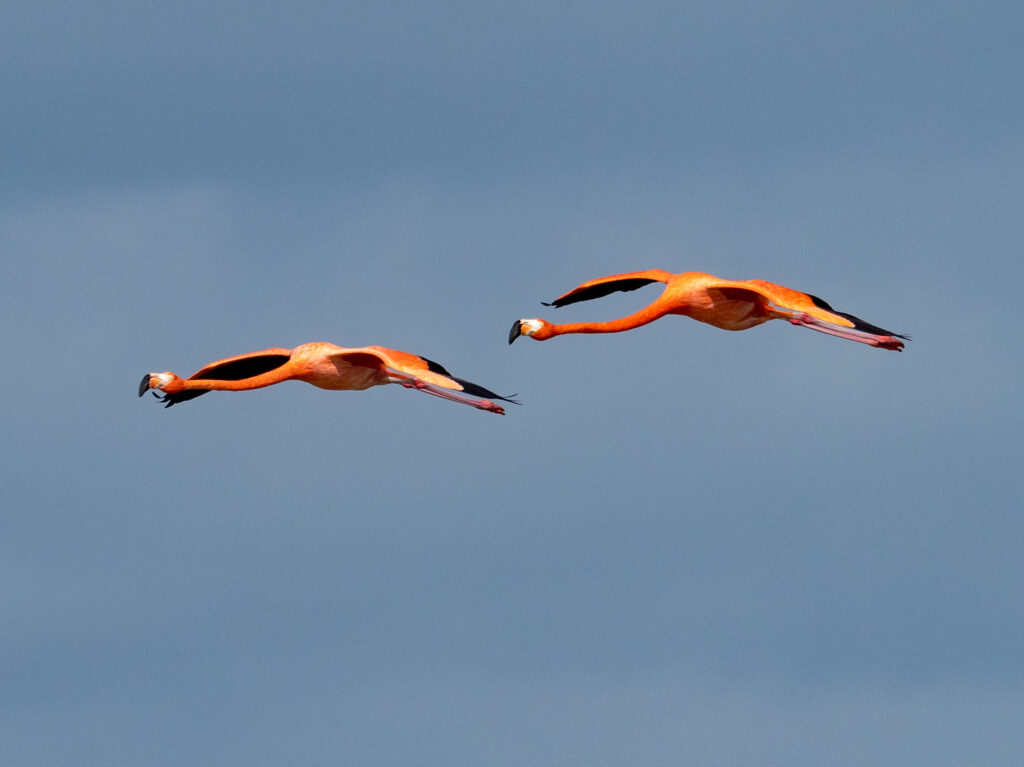
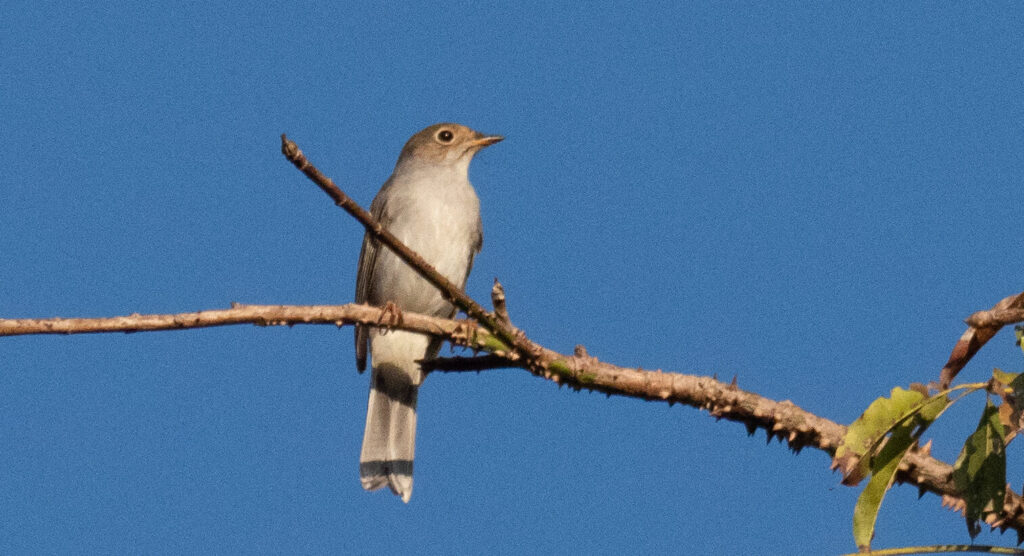
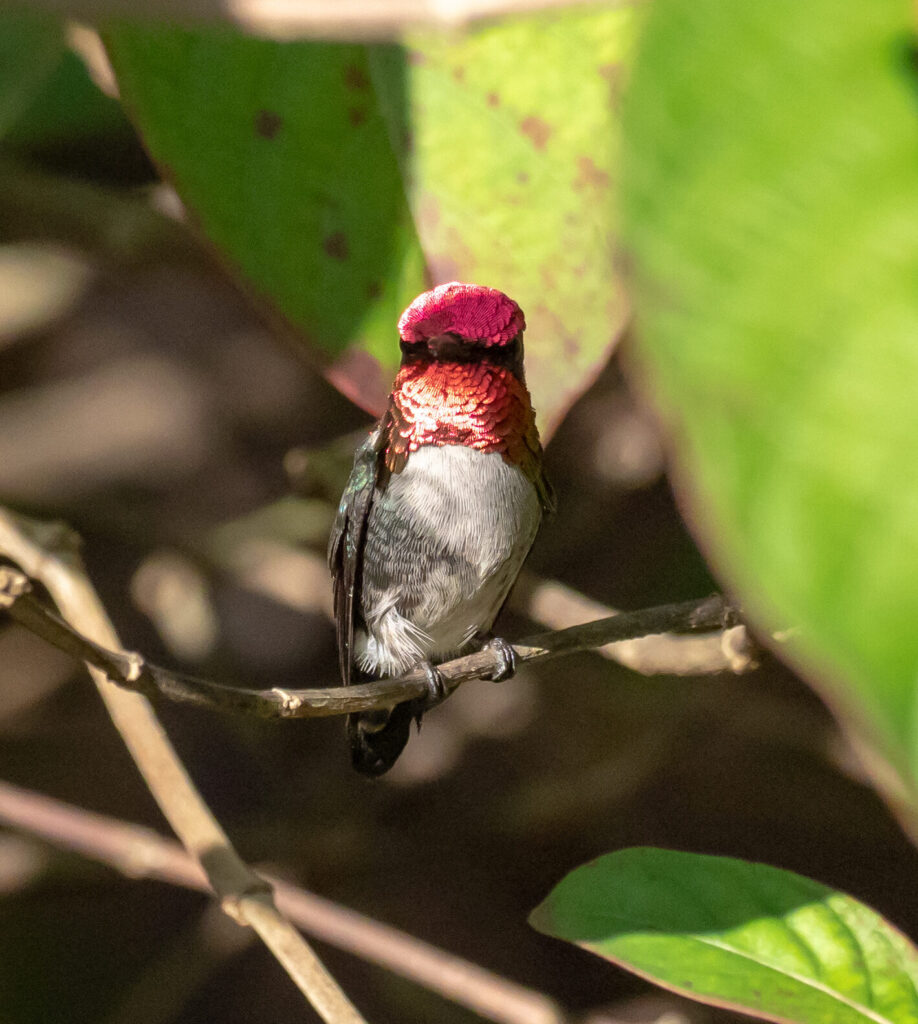
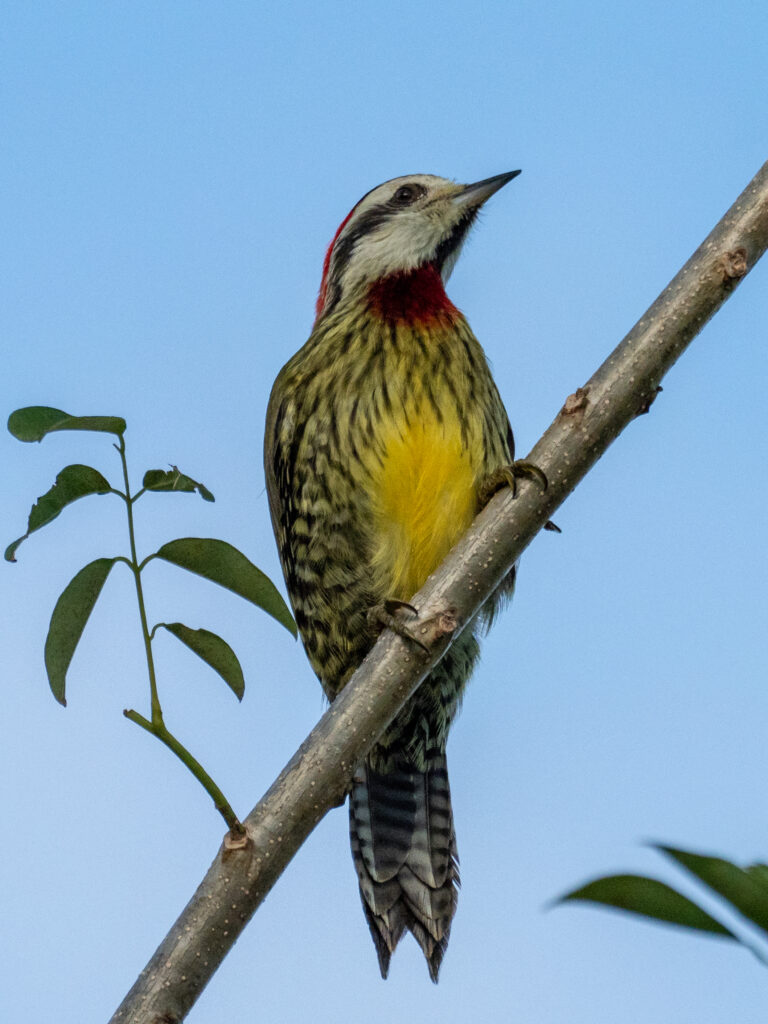
According to BirdLife International, which has designated 28 Important Bird Areas (IBAs) in Cuba, “Over 370 bird species have been recorded in Cuba, including 27 which are endemic to the island and 29 considered globally threatened. Due to its large land area and geographical position within the Caribbean, Cuba represents one of the most important countries for Neotropical migratory birds – both birds passing through on their way south (75 species) and those spending the winter on the island (86 species).“
Our itinerary provides opportunities to see many of Cuba’s endemic species and subspecies, as listed below. This trip will also focus on the many neotropical migrant species that migrate south to Cuba in the fall (endemic species and endemic subspecies in italics):
Bare-legged Owl, Cuban Oriole, Bee Hummingbird, Blue-headed Quail-Dove, Gray-fronted Quail-Dove, Cuban Black Hawk, Cuban Blackbird, Cuban Bullfinch, Cuban Gnatcatcher, Cuban Grassquit, Cuban Green Woodpecker, Cuban Parakeet, Cuban Parrot, Cuban Pewee, Cuban Pygmy-Owl, Cuban Solitaire, Cuban Tody, Cuban Trogon, Cuban Vireo, Fernandina’s Flicker, Giant Kingbird, Gundlach’s Hawk, Eastern Meadowlark, Cuban Nightjar, Red- shouldered Blackbird, Tawny-shouldered Blackbird, Oriente Warbler, Yellow-headed Warbler, Zapata Wren, Zapata Sparrow, Cuban Crow, Palm Crow, Cuban Emerald, Bahama Mockingbird, Thick-billed Vireo, & Western Spindalis.
Other species of interest include:
Great Lizard-Cuckoo, La Sagra’s Flycatcher, Loggerhead Kingbird, Olive-capped Warbler, Key West Quail- Dove, Ruddy Quail-Dove, Zenaida Dove, Stygian Owl, West Indian Whistling Duck, American Flamingo, Wood Stork, Roseate Spoonbill, and a great variety of wading birds, and numerous other migratory and resident species.
Where We Will Travel
Our Cuba Bird Survey begins in the forests surrounding Las Terrazas Community, established in 1968 as a re-forestation and community integrated development project. In Cuba’s post-revolutionary history, the community has blossomed as a model of sustainability, and is currently a prime destination for ecologically based tourism.
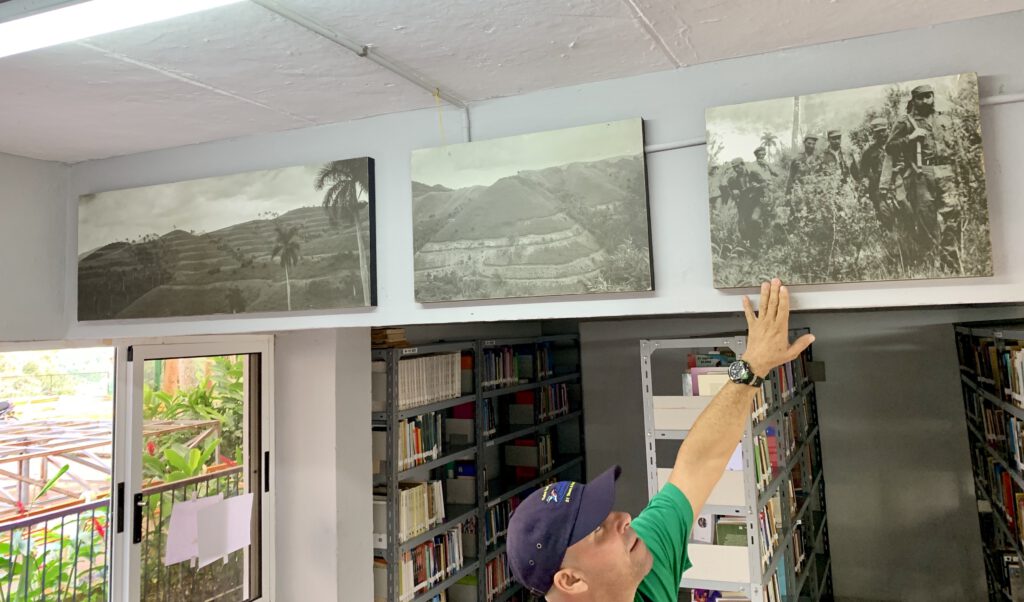
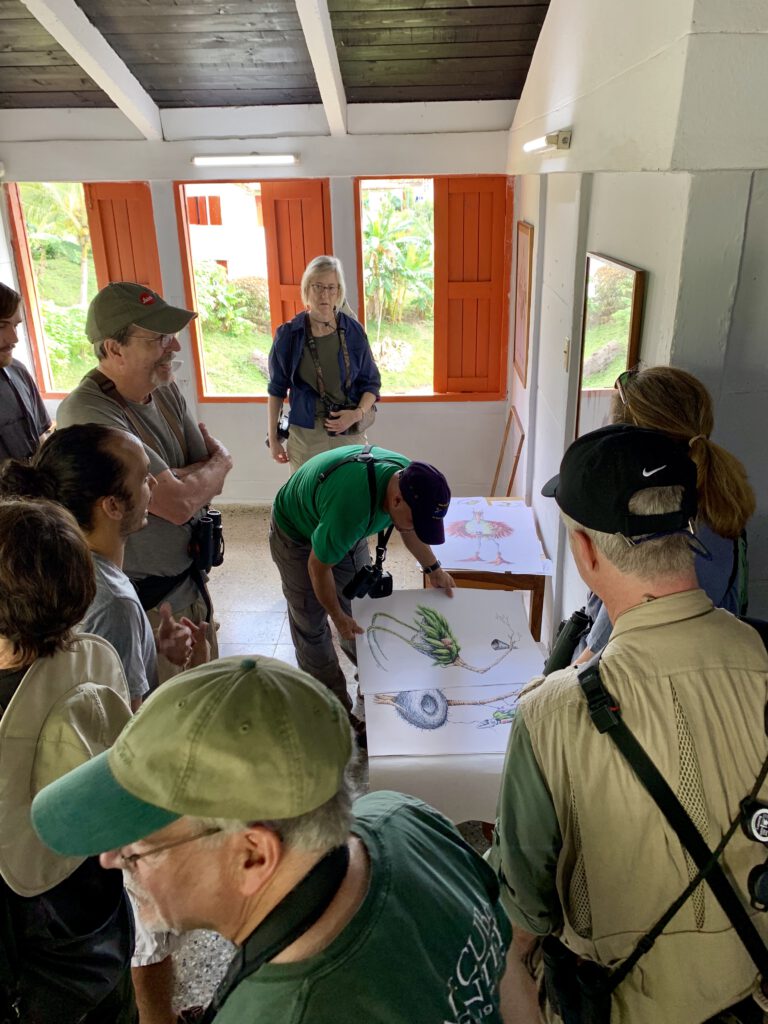
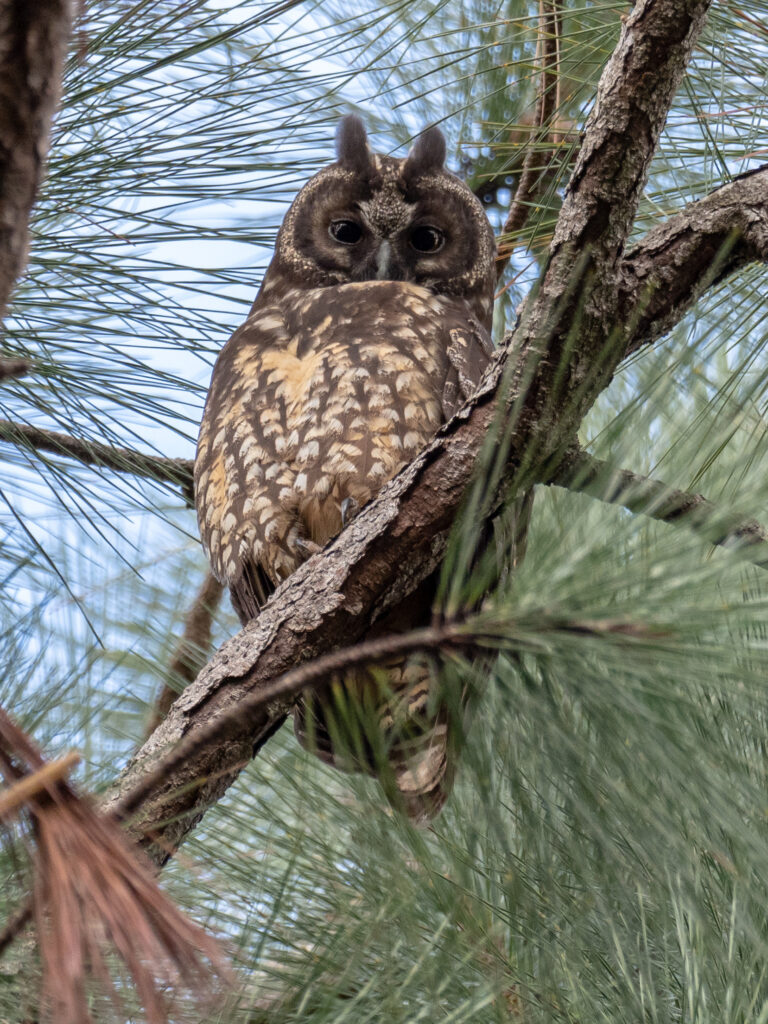
Cuba’s Western Mountains
Two of the country’s most diverse and dramatic ranges: the Sierra de la Rosario, and Sierra de los Organos. We will explore an area common to both ranges in search of western range endemic species such as the Cuban Solitaire. A highlight of the trip, we will visit the magical, unusually beautiful karstic landscape of western Cuba, which features towering, lushly vegetated, flat-top limestone monoliths and extensive cave systems. This is the only region in which we will likely see the Cuban Solitaire, Cuban Grassquit, Giant Kingbird, & Olive-capped Warbler. Other potential endemic species for western Cuba include Cuban Oriole, Cuban Green Woodpecker, Cuban Pewee, Cuban Pygmy-Owl, Cuban Tody, Cuban Trogon, Cuban Vireo, & Yellow–headed Warbler ( 2 nights).
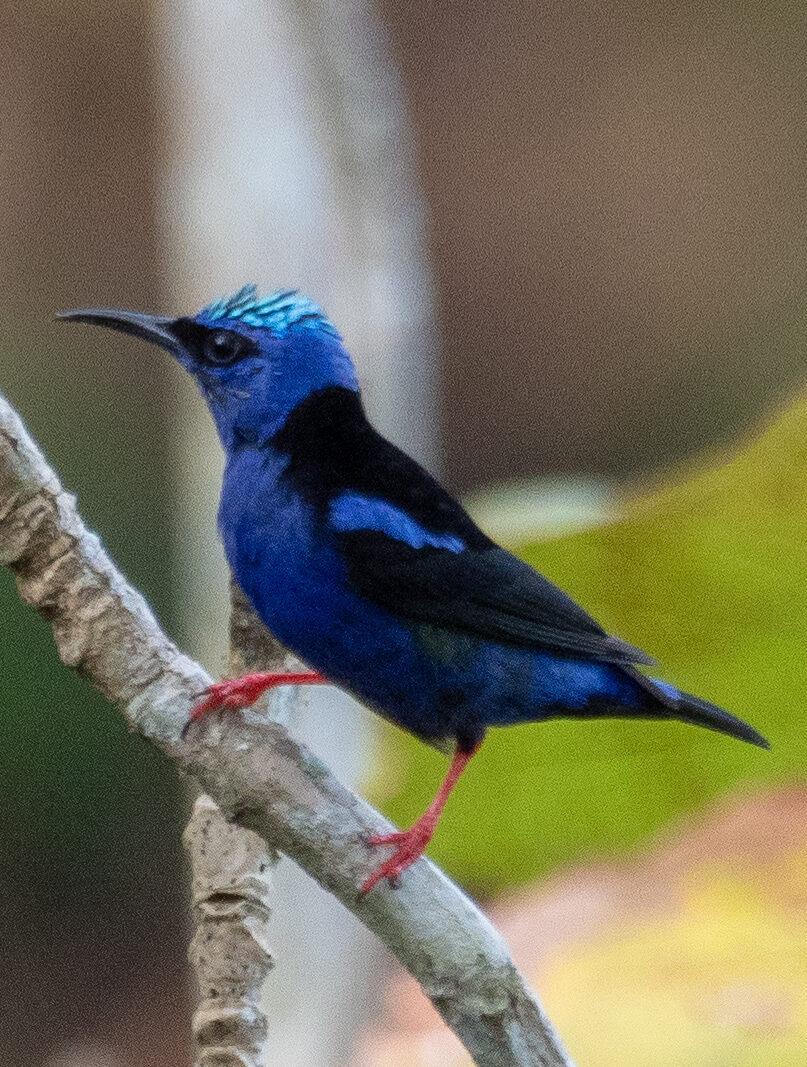
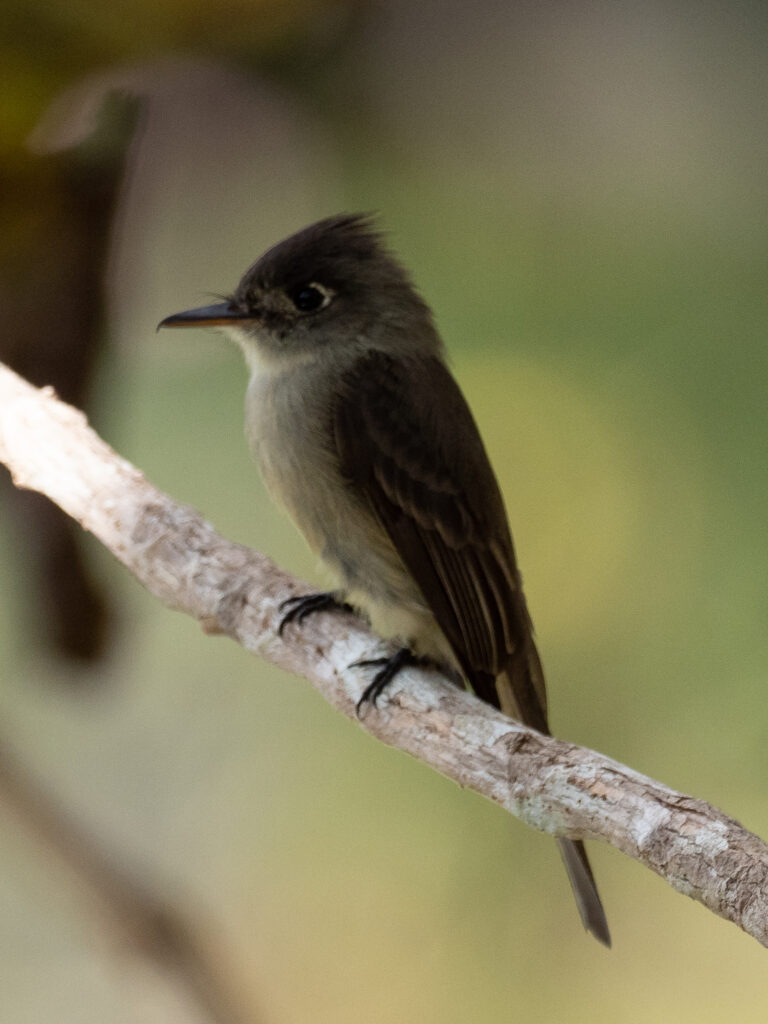
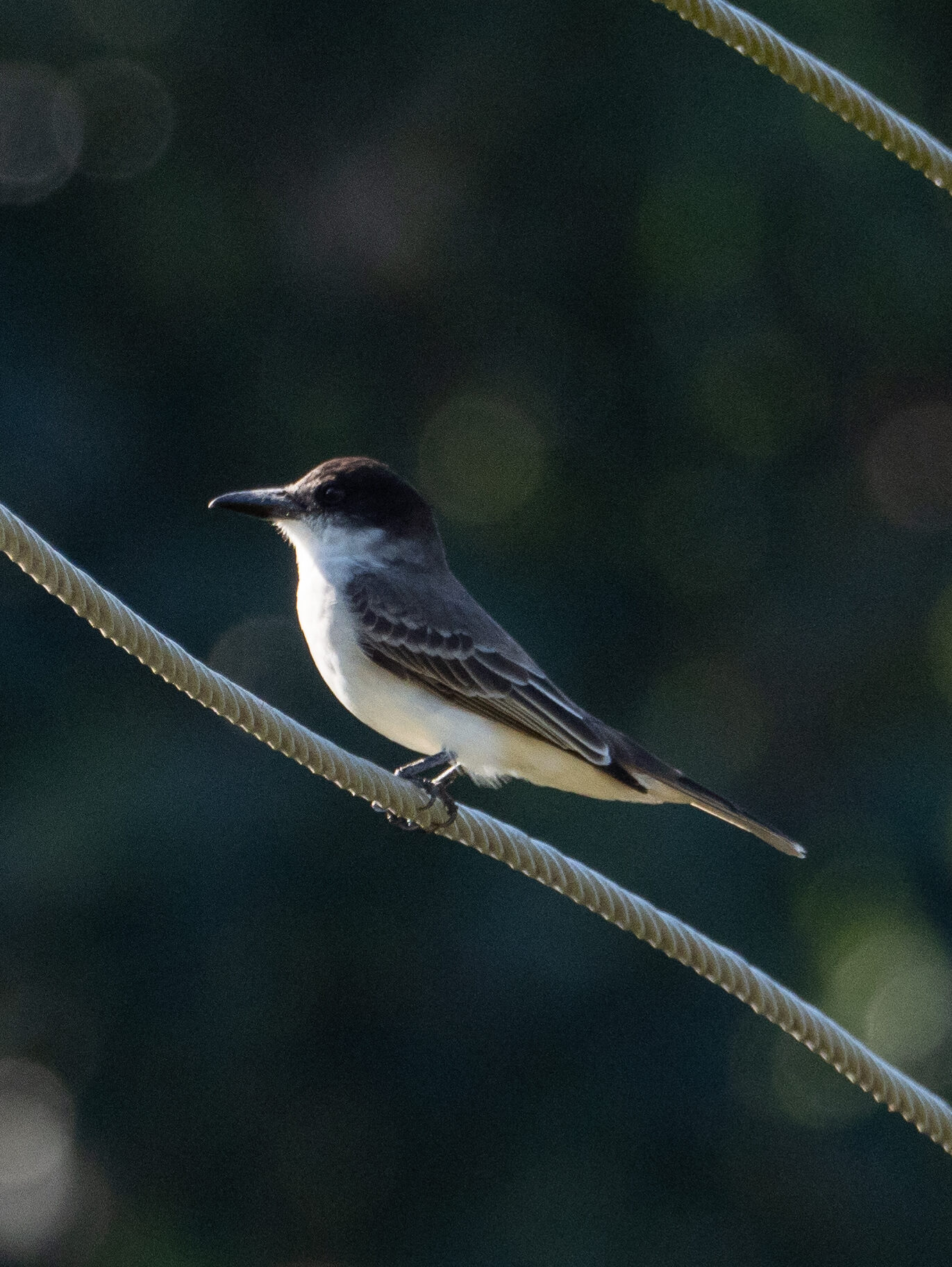
Zapata Peninsula
We will also explore the diverse wetland region of the Zapata Peninsula, Cuba’s richest and most important birding destination located in the historic Bay of Pigs. This peninsula is a Ramsar Convention (international conservation treaty) designated site, and is among the most important wetlands in the West Indies. Here, the best local guides will lead us through protected areas in Cienaga de Zapata National Park and other natural sites off the beaten track. The Zapata Peninsula covers more than 2800 square miles and features easily accessible, everglades-like ecology and habitat. Framed by the pristine Caribbean coastal environment of the Bay of Pigs, the peninsula features vast open swamp land, low coastal forests, sparkling white sand beaches, healthy and accessible coral reefs, and refreshing natural limestone pools called cenotes. Bee Hummingbird, Cuban Black Hawk, Zapata Wren, Zapata Sparrow, Fernandina’s Flicker, Bare-legged Owl, Tawny- shouldered and Blue-headed and Grey-fronted Quail Doves, Red-shouldered Blackbird are among the many birds we will hope to find (3 nights).
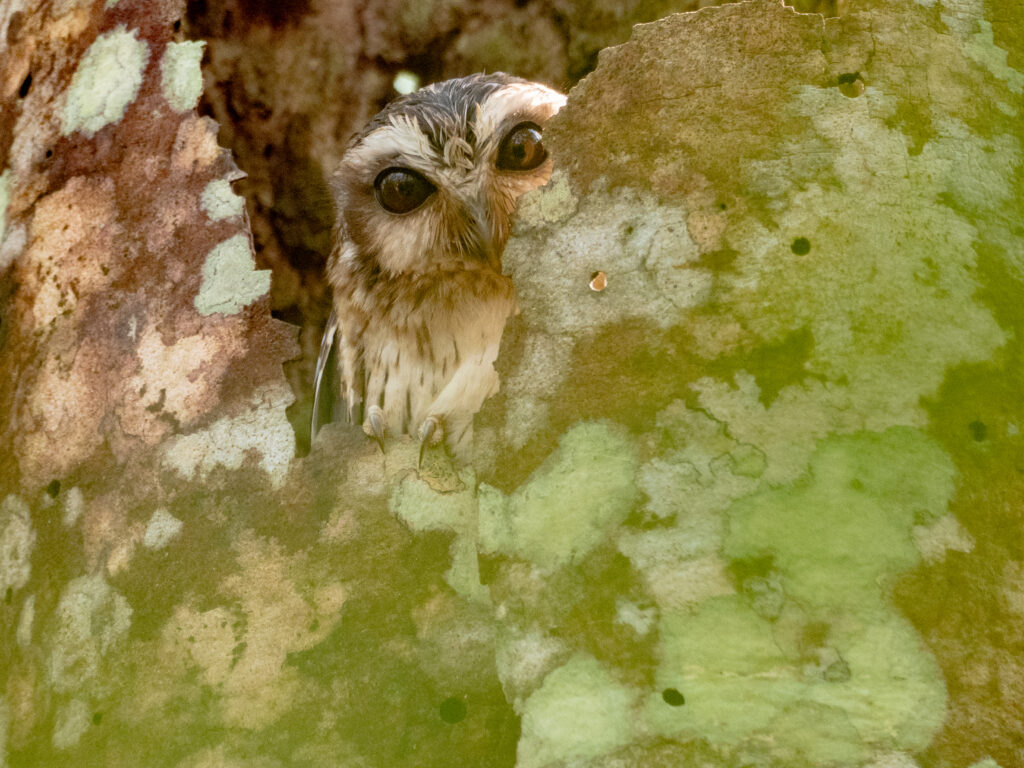
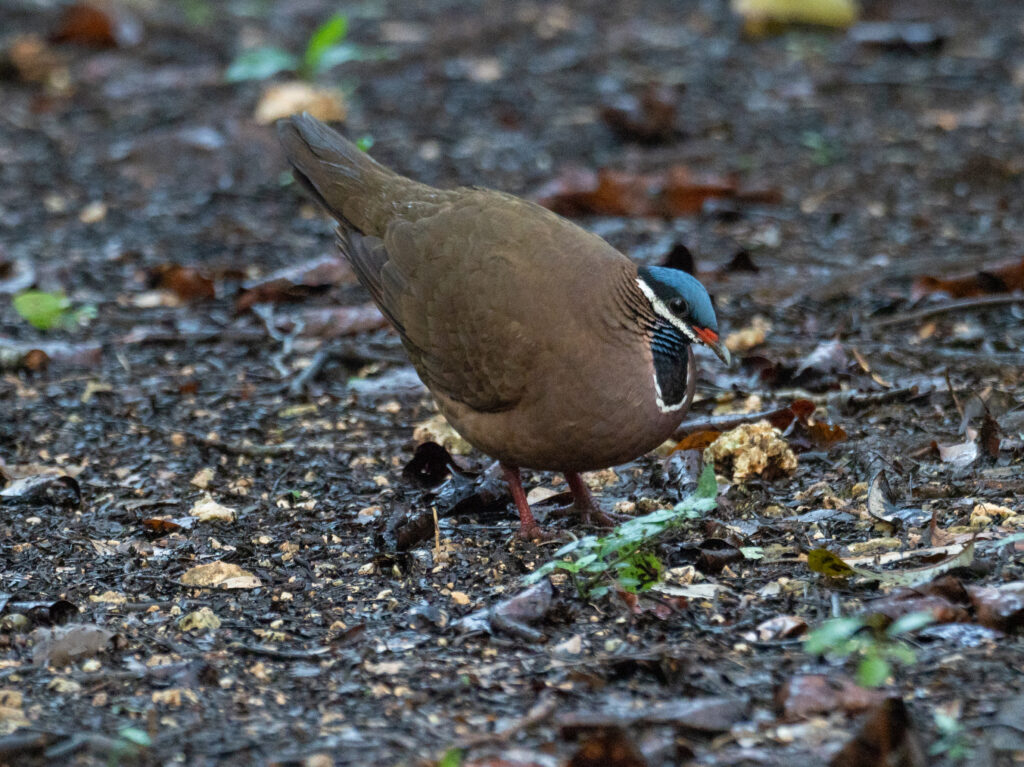
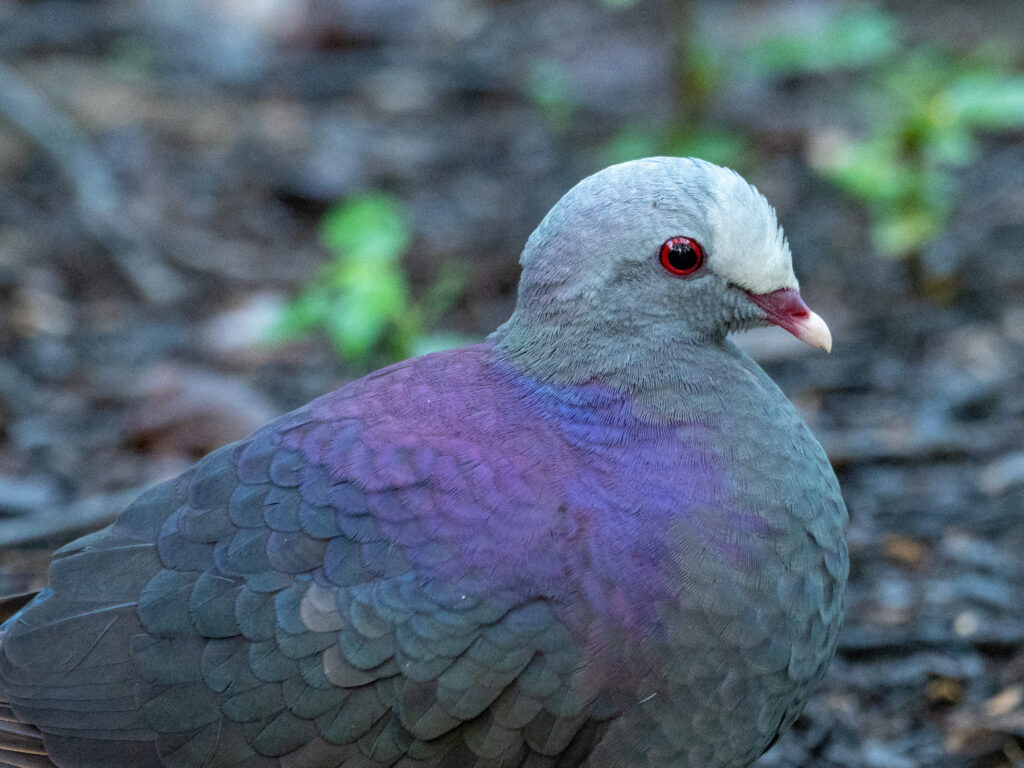
Cuba’s Atlantic Archipelago
These northern islands provide excellent birding opportunities on Cuba’s Atlantic coast. These previously uninhabited and relatively unexplored islands were connected to the mainland by an 18+ mile causeway completed in 1989. Cuba’s academy of sciences (CITMA) maintains a research facility here. These barrier islands and keys provide unique opportunities for: Cuban Gnatcatcher, Oriente Warbler, Thick-billed Vireo, West Indian Whistling Duck, as well as numerous shorebirds and aquatic birds. This region also provides additional opportunities to see rare endemics such as Zapata Sparrow & Gundlach’s Hawk.
Accommodations are in a privately owned tourist accommodation on the mainland. (2 nights).
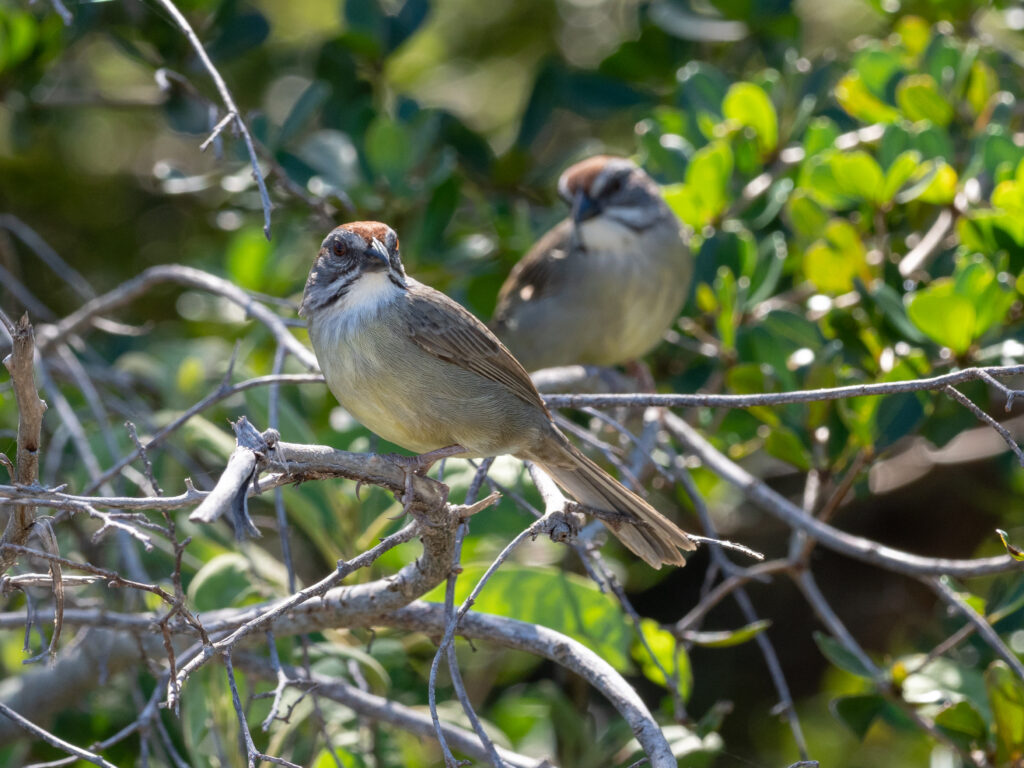
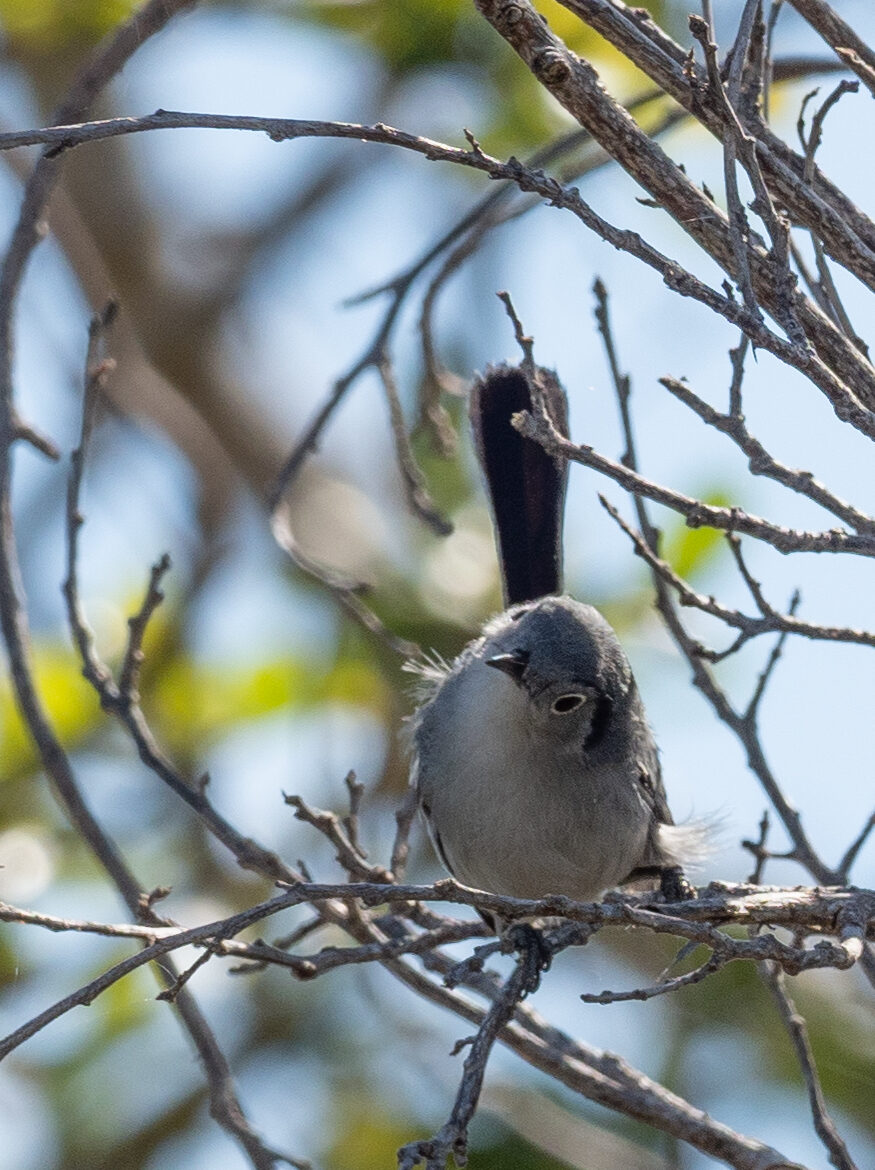
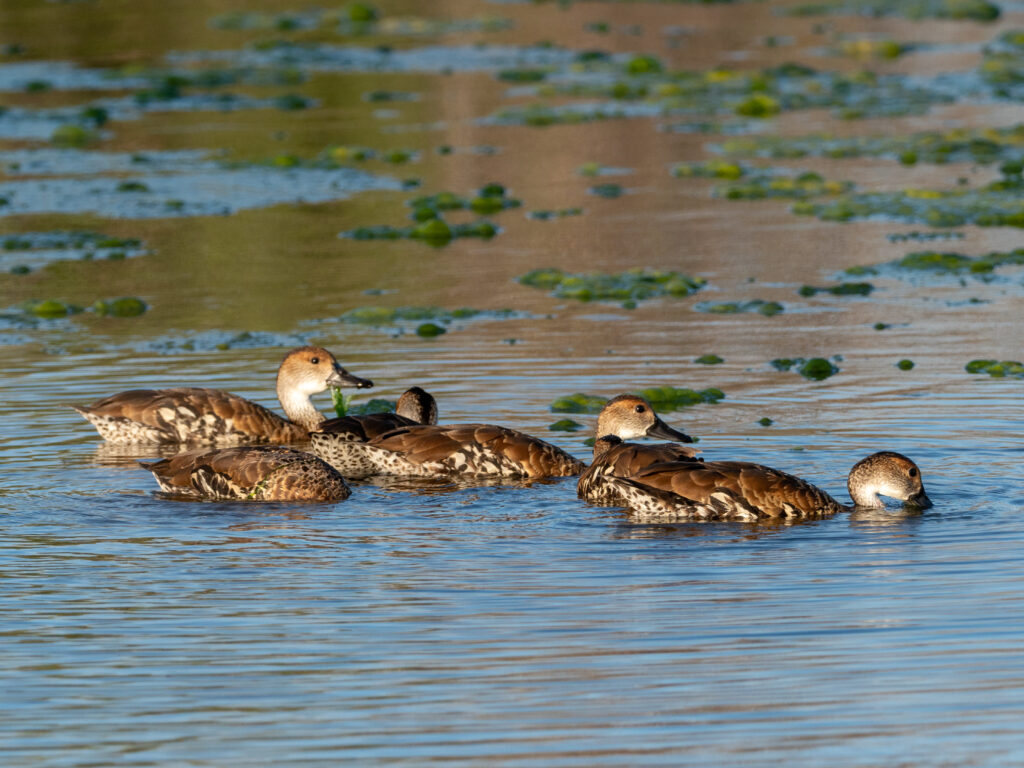
Escambray Valley Caribbean Coast
We return to the Caribbean coast as we move south and west from Cuba’s Atlantic coast. This scenic route includes lush valleys and foothills of the Sierra de Escambray Mountains. From here we will bird the Escambray Valley, bordered on the north by dramatic vistas of Cuba’s third largest mountain range. As we travel, we will search prime habitat for Palm Crow and other resident birds (1 night).
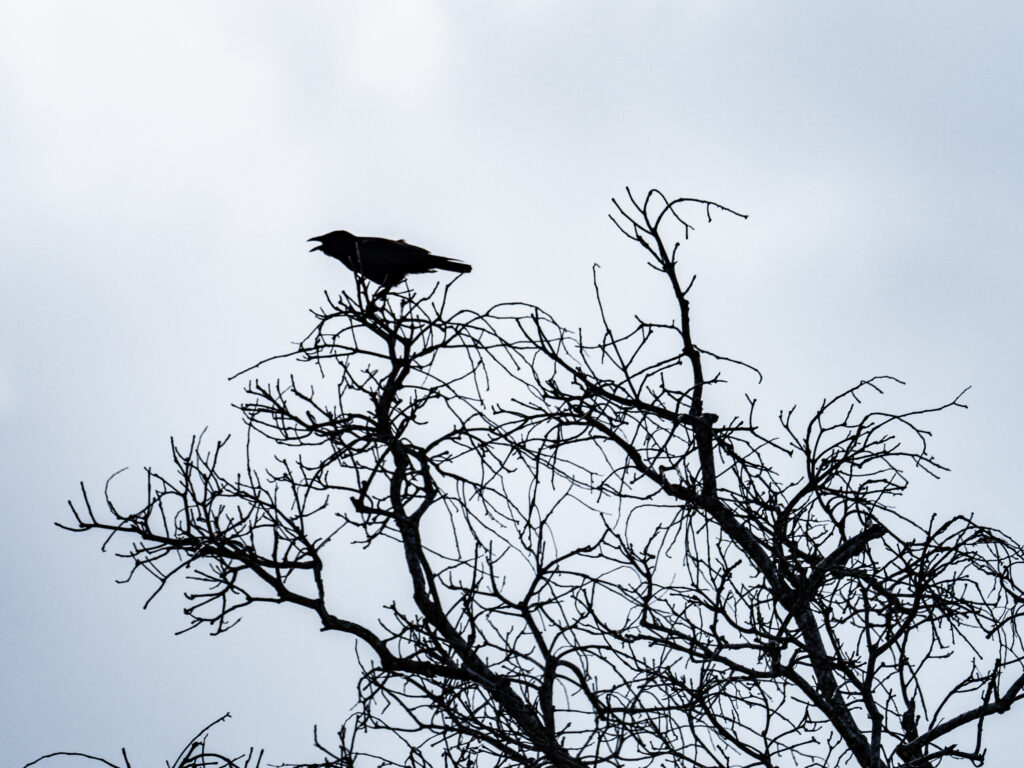
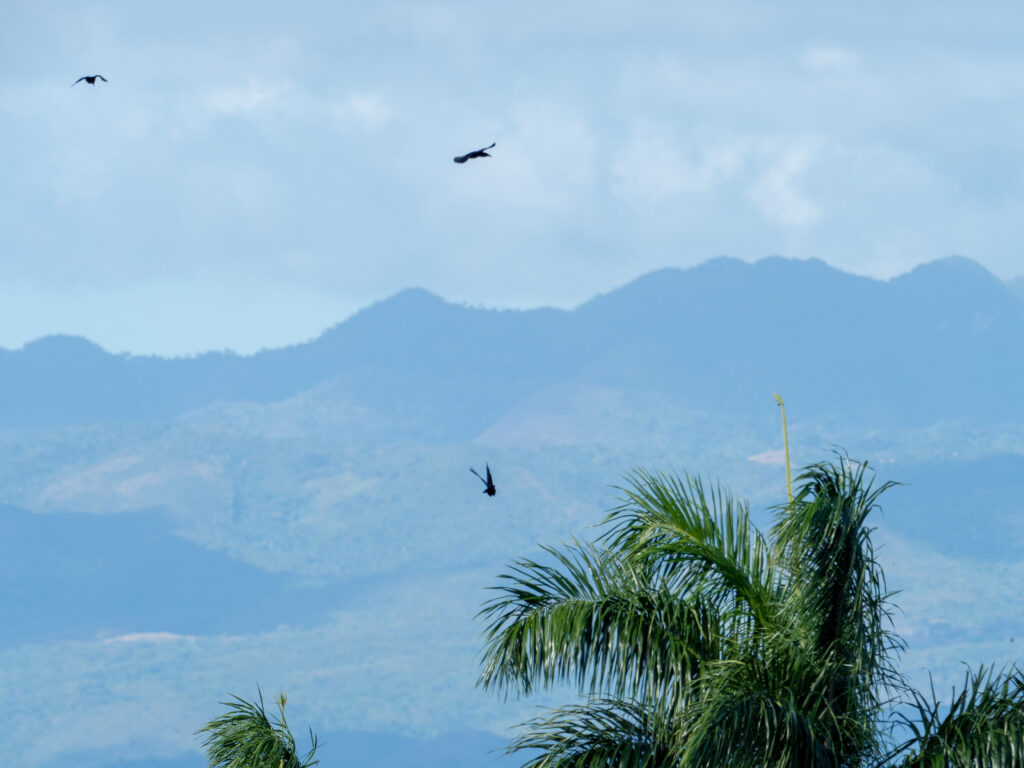
The Conservation Project
The U.S. Department of Treasury has provided a license for conducting bird
conservation work in Cuba to the Caribbean Conservation Trust, Inc. (CCT), a U.S. based organization committed to the conservation of endemic and migratory birds and their habitats in the greater Caribbean region. The primary objective of CCT is to enhance the ability of North American and Caribbean ornithologists, naturalists, resource managers, conservation organizations, institutions, and local citizens to conduct research and initiate programs to help conserve the birds of the Caribbean and their habitats. CCT is dedicated to bird and habitat conservation through education and relationship building and, is in compliance with U.S. Treasury licensure for travel to Cuba.
For a glimpse of our program in action, go to: http://video.pbs.org/program/counting-birds/ for a link to the film COUNTING ON BIRDS, a 2013 Public Broadcasting System (www.pbs.org) production which describes the history of the Christmas Bird Count and features a segment on our program in Cuba as an example how birders can contribute to ‘citizen science’ based bird conservation efforts.
Program Leadership
Our program is designed and managed in the United States and is professionally staffed and field tested over 20 years in Cuba. We are dedicated to providing participants with informative nature oriented experiences with the help of our highly skilled local leaders.
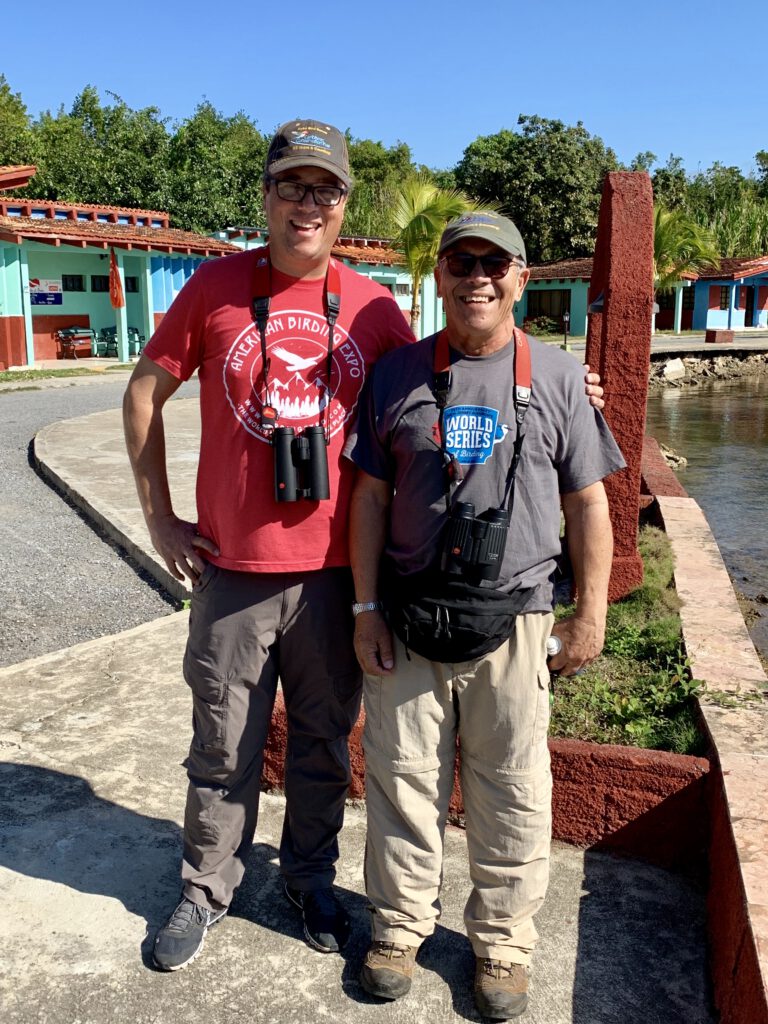
Dr. David LaPuma
An avid birdwatcher for over 2 decades, David is the Vice President of Global Market Development for Cellular Tracking Technologies (celltracktech.com) in Cape May, New Jersey, a high-tech company pushing the boundaries of what is possible in wildlife tracking. Prior to his current position, David was the director of New Jersey Audubon’s Cape May Bird Observatory where his responsibilities included monitoring migration at one of the world’s most important migration concentration points. This tour is a special one for David, as it brings together two of his favorite things: birding, and music; blending the scientific, natural and cultural experiences of Cuba like none other and promises to have your heart, mind and feet still moving for many days after your return home!
Our Cuban Naturalists
We work with a very competent team of biologists, museum curators and naturalists in Cuba. Our full time Cuban biologist and primary Cuban birding guide will be with us throughout the program in the field and will assist in finding and identifying birds, as well as providing a broad overview of Cuban natural history. He may share specific information relative to the flora, fauna, geology and other natural features of the environments we visit. Additionally, we will work with regional naturalists from the national parks and biosphere reserves that we visit around the country.
A Bilingual Cuban Guide will be at our service throughout the program. Along with a professional driver, he or she will be with the group each day to tell us about Cuban history, culture, arts and lifestyle. He/she will also deal with logistics, meals, translation, and other nuts-and-bolts aspects of the travel experience.
Dr. Giraldo Alayon
Biologist Giraldo Alayon is well known in the Caribbean region as the foremost expert on spiders of the West Indies and Central America. He has published more than 100 papers on the systematics and biogeography of spiders and other insects in the region. Giraldo has been birding seriously since 1977, and has also published 15 papers related to avian biology and behavior. He is currently working on a book about the Ivory–billed Woodpecker, which he claims to have seen in eastern Cuba as recently as 1992. Dr. Alayon has traveled to various island nations in the Lesser Antilles, and has made many trips to the United States with grants from the American Museum of Natural History; Smithsonian Institution; Museum of Comparative Zoology (Harvard University); Field Museum; Philadelphia Academy of Natural Sciences; Peabody Museum (Yale University); Museum of Zoology, University of Michigan (Ann Arbor); and California Academy of Sciences. From 1995 to 2001, Dr. Alayon was president of the Cuban Zoological Society. He is currently curator of Arachnida at the National Museum of Natural History at Havana, where he has worked since 1988. Dr. Alayon earned a PhD from the University of Havana in 2000 and is fluent in English. Dr. Alayon will be with you throughout the program in the field and will assist in providing a broad overview of Cuban natural history as well as specific information relative to the flora, fauna, geology and other natural features of the environments we visit.
Accommodations
These feature certified private homestays in Havana and 4 additional provinces. Our Cuban accommodations are staffed by friendly hosts and in the countryside represent the best Cuba has to offer in the regions we visit. All accommodations are safe, clean, air conditioned tourist facilities. It should be noted that standards in Cuba differ from those in the U.S. and other developed countries.
Additional Details
Following program registration, we will provide all participants with a bird list as well as details with regard to travel to Cuba, including all of the basics you need to know about travel documents, customs, facts about Cuba, currency, health and safety, food, flights, and what to bring. U.S. Government authorization documents and bird checklist will be provided following receipt of your final balance.
Physical Demands and Expectations
This program offers opportunities for several days of ambitious birding, early departure times on birding days, and occasional evening sessions. Birding days may provide leisure time after lunch and before our afternoon birding sessions. Physical exertion will be light to moderate most days, with the longest walks approximately 3 miles. Terrain is mostly flat and dry, with some hills present in western Cuba. Participants should be in reasonably good physical condition and prepared for strong sun, with temperatures in the mid 70s – 90s. Mosquitoes can be bothersome in Cayo Coco and the Zapata Region. Although unlikely, rain may occur as well, so bring adequate rain gear. Those with medical concerns should check with their physician before taking part in the program. Your health and well-being are very important to us!
Registration, Trip Costs, Terms, and Conditions
Land costs for the 11 day program are $ 4,850.00 per person for shared accommodations, with an additional $ 550.00 for Single supplements. Reservation forms are accepted on a first come, first served basis, and must be accompanied by a $ 700.00 deposit payable to Caribbean Conservation Trust. Enrollment is limited to 14 travelers.
Deposits can be made via Venmo or Zelle:
- Venmo: @Gary-Markowski-2 (the last 4 digits of phone number are 1162)
- Zelle: Gary Markowski and phone: 203.733.1162
What is included
CCT Cuba Bird Survey Programs include: all accommodations, all meals in Cuba beginning with dinner on day 1, ending with breakfast on the last day of the program, guide services, most tips (guides, drivers, naturalists and restaurant and bell staff), airport/hotel transfers, ground transportation, bottled water, some drinks, admission fees (itinerary only), U.S. Department of Treasury authorization documents, and program management services which include the provision of all pre- and post- program materials, a full-time Cuban bilingual guide, bilingual Cuban naturalists, and a fulltime driver. Program fees help support Caribbean Conservation Trust’s bird conservation efforts in Cuba.
What Is not included
Travel to Havana, Cuba; Cuban Visa ($ 85) and Cuban health insurance (required by law and $3 per day); items of a personal nature such as laundry, phone calls, additional beverages, bar and housekeeping tips, etc., U.S. passport fees, meals or accommodations outside of Cuba, and other fees not listed in the program. Cost estimates are as of June, 2022 and are subject to change.
Flights
We fly directly between the U.S. and Havana, Cuba on U.S. based commercial airlines. As of mid – 2022, flight schedules and costs are unknown (expect pricing 6 months prior to departure). We will provide all of the information necessary to make booking these flights simple & secure. Most direct departures to Cuba are from south Florida, and the best fares and departures have been on Southwest between Fort Lauderdale & Havana. Direct departures from JFK and Newark are possible, and flights from Philadelphia, Baltimore and various other cities with connections in Florida are widely available.
Payment
Regarding payment for the land portion of the tour, a $ 700.00 deposit is due as soon as possible to reserve space on these programs. This can be paid by wire transfer, check or money order payable to:
CARIBBEAN CONSERVATION TRUST
353 West Todd Street
Hamden, CT 06518
Note: Please do not write Cuba on the check memo.
For any booking questions feel free to contact Gary Markowski by phone or email at: 203.733.1162 or cubirds@aol.com
Balance Payment, cancellation and refund policy*
Full payment is due 90 days prior to departure or by October 13, 2022. You will receive a detailed receipt/invoice following receipt of your deposit and reservation form. All cancellations must be done in writing and are effective upon receipt in the CCT office. Should it become necessary for you to cancel, all payments will be refunded after a deduction of our cancellation fee outlined below:
- More than 90 days prior to the tour… $ 150.00 per person (land only)
- Fewer than 90 days prior to the tour… FULL DEPOSIT
- Fewer than 75 days prior to the tour… NO REFUND (unless we can fill your place)
In the unlikely event that we must cancel the tour, a full refund less a $100.00 processing fee for your license application will be forwarded to you, should cancellation occur after your license has been processed.
*Please be aware that the refund policies apply only to the land portion of the trip, and that airlines may have different policies that exist beyond our ability to control. Additional registration fees may apply. As with all international travel programs, we highly encourage trip cancellation and travel insurance policies.
EXTENSION OPTIONS
38th annual HAVANA JAZZ FESTIVAL EXTENSION
For the third time following a Cuba Bird Survey with David La Puma, we are offering a Havana Jazz Festival extension option, occurring January 24 – 30, 2023.
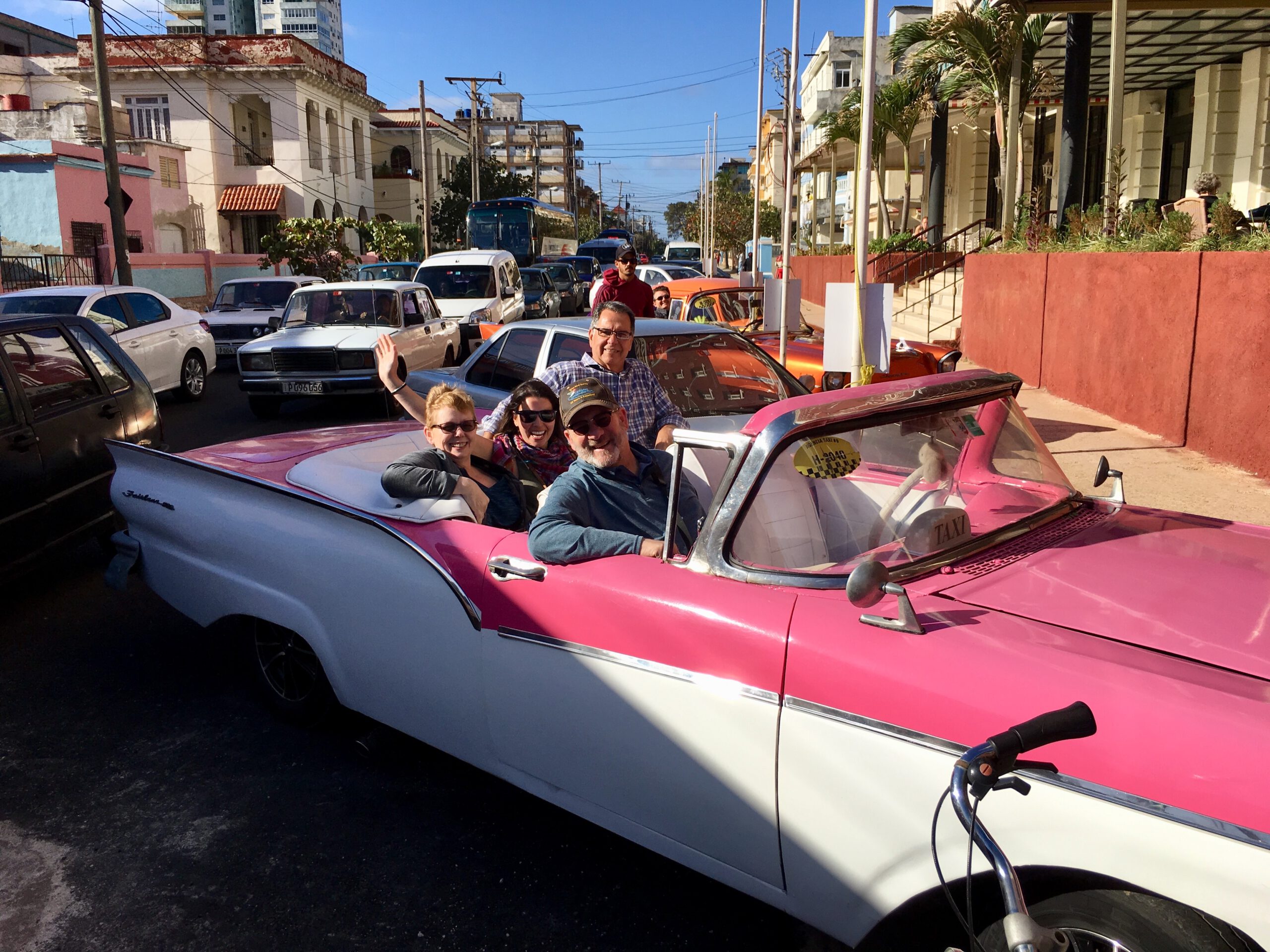
Our regular program concludes with two nights in Havana. The extension option includes 6 additional nights accommodation in Havana with breakfast each morning, festival admission and information, as well as transportation to the airport on January 30, 2023. We will provide dinner on January 29th, the last scheduled night of the festival. All other meals and transportation costs to and from event venues will be on your own and payable separately. Other meals are not included in order to maximize individual mobility relative to festival events and individual interests. In early 2022 these costs ranged from $ 15 and up for basic, decent meals. Information regarding festival details is pending.
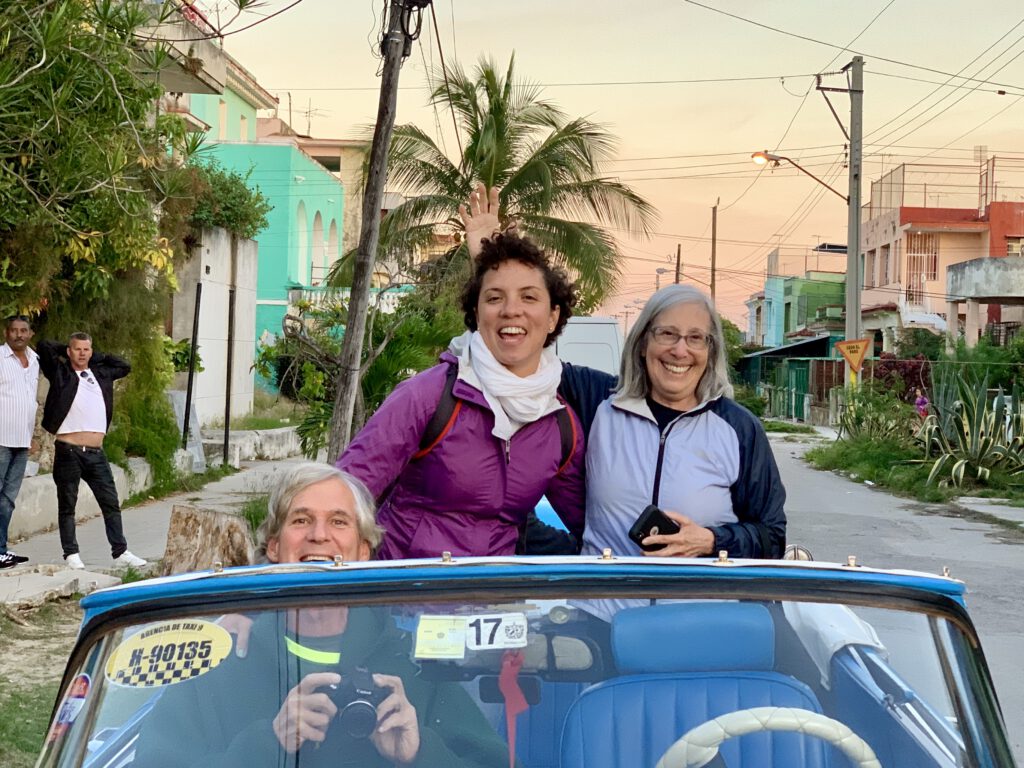
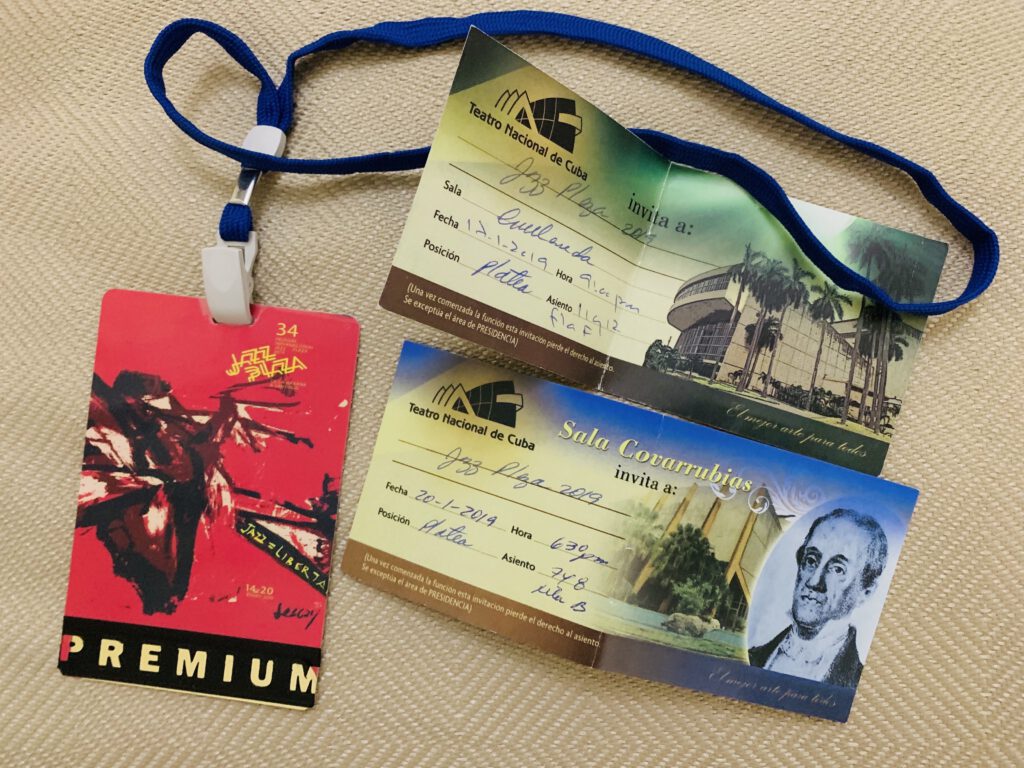
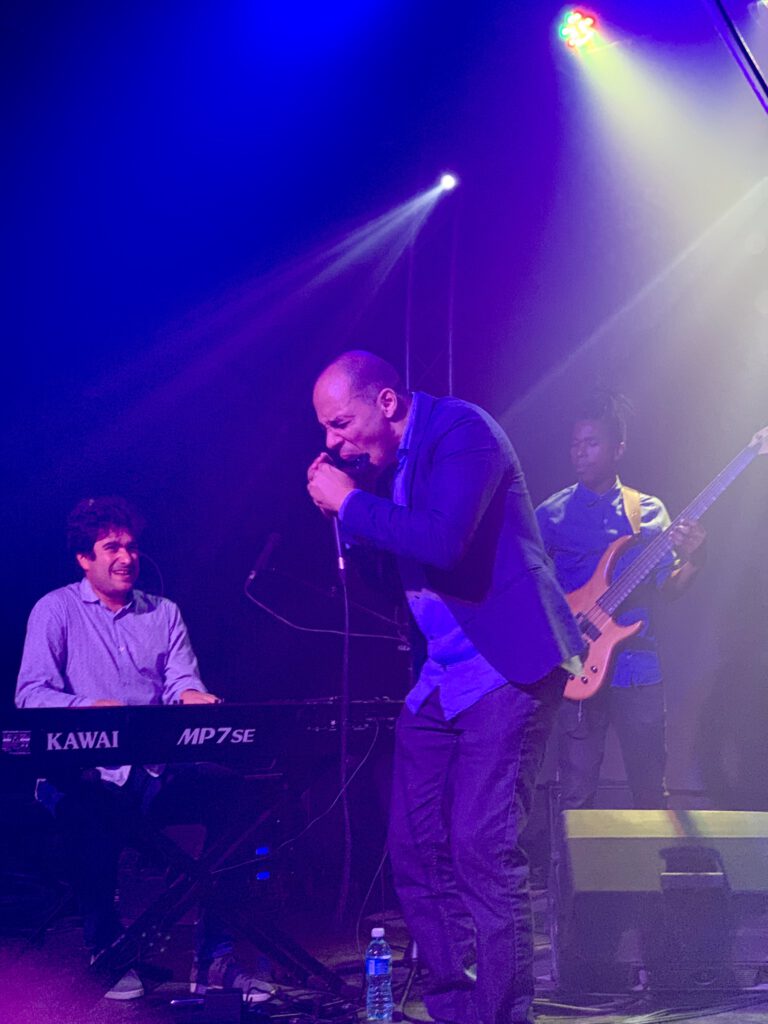

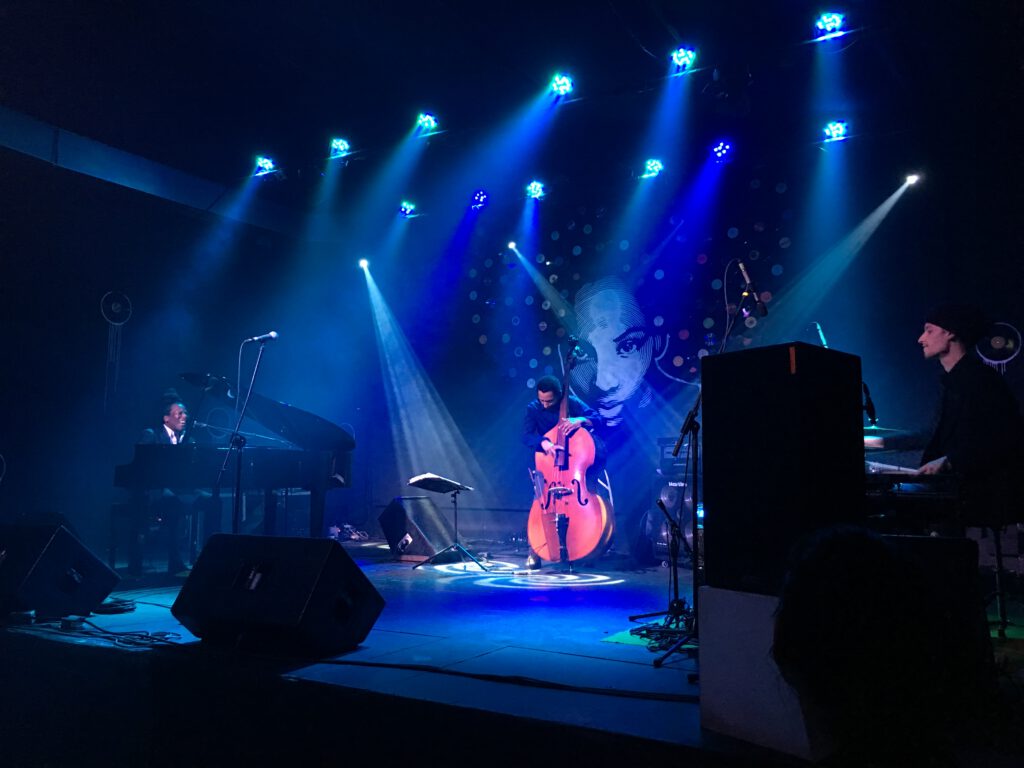
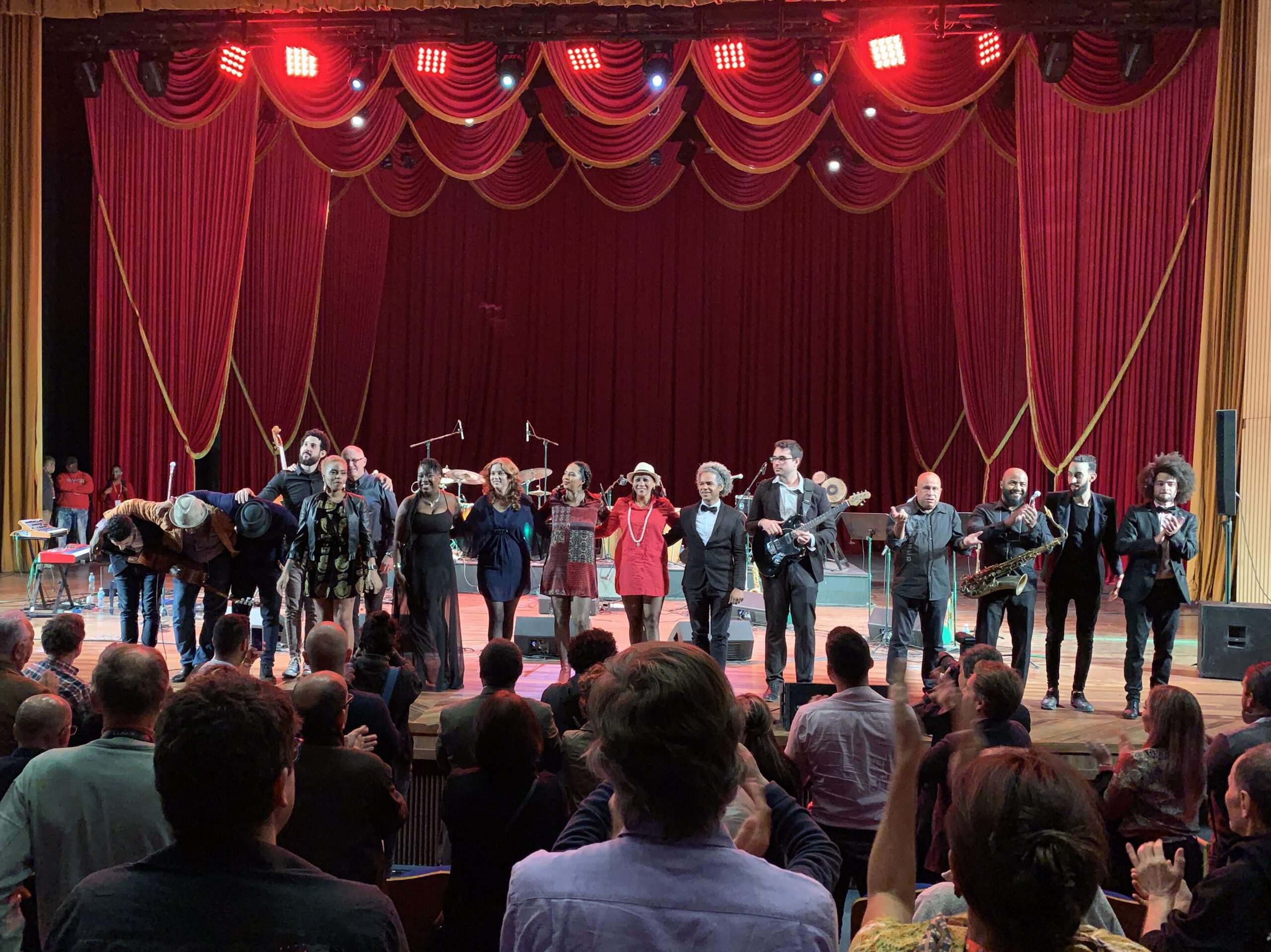
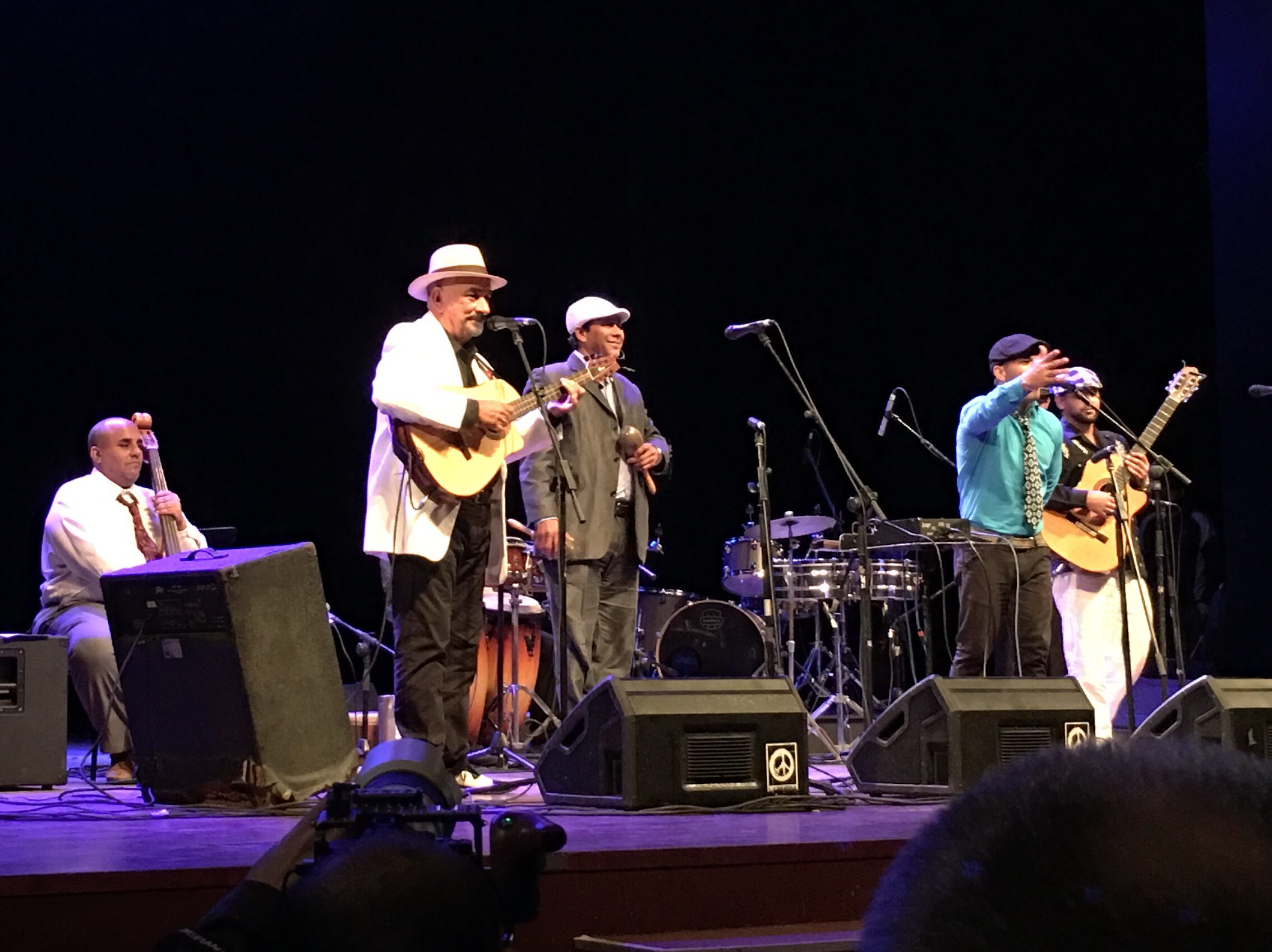
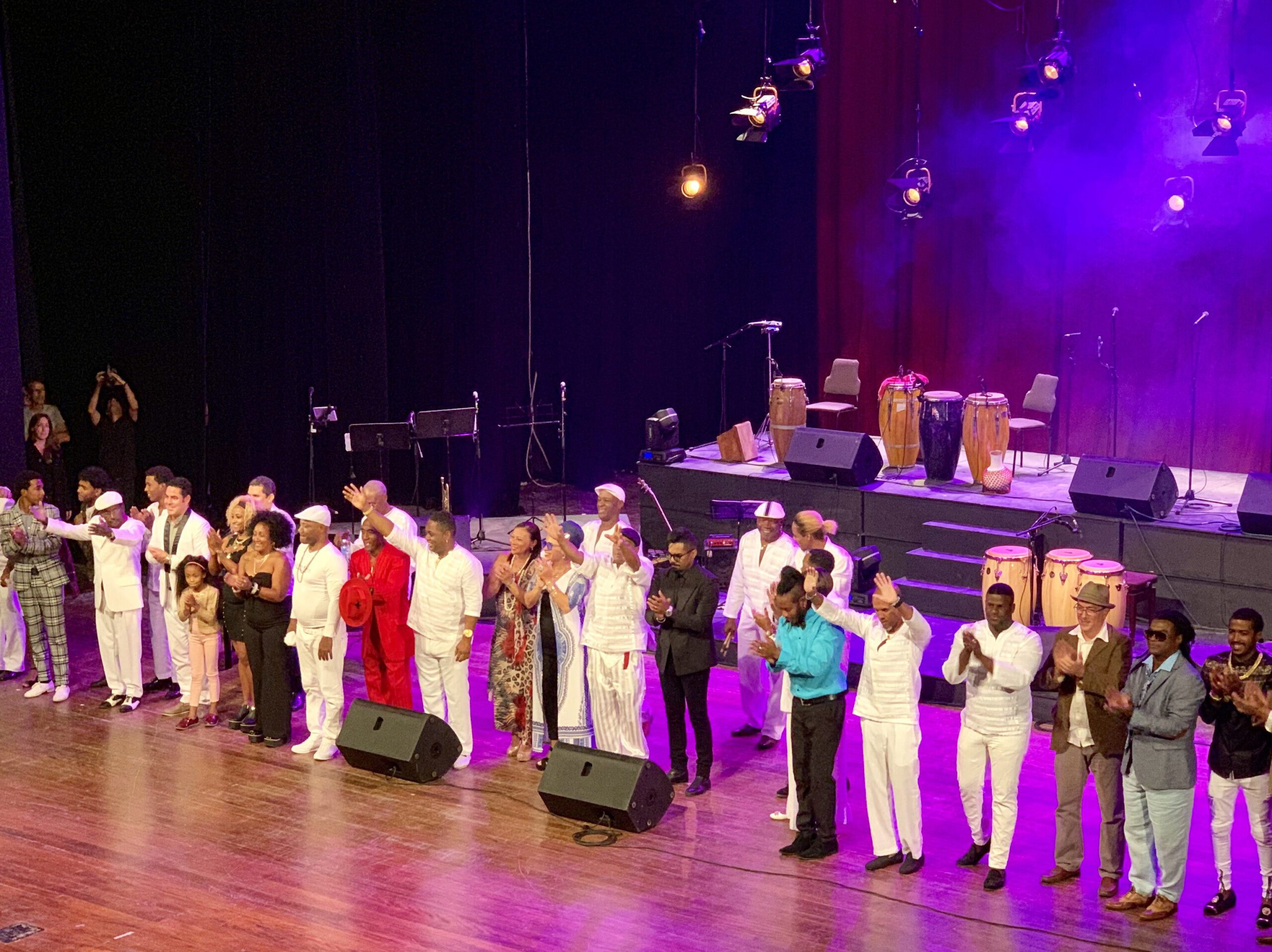
Extension option Cost
The cost for the Havana Jazz Festival extension (includes 6 nights accommodation, breakfast, and Premium VIP passes for the festival) is
$ 1,875.00 per person sharing, with an additional $ 375.00 single supplement. Costs are based on a minimum of 8 participants. Fewer than 8 fully paying participants may result in a small group supplement.
JAZZ EXTENSION: WHAT IS INCLUDED
Premium admission for unlimited festival performances, with preferred seating, accommodations and breakfast each day, 1 dinner, bottled water, recording studio visit, and airport transfer.
JAZZ EXTENSION: WHAT IS NOT INCLUDED
Meals (other than breakfast and 2 dinners), transportation to/from music venues, optional events such as day time excursions (to be announced once we have jazz performance details), laundry services, phone calls, drinks, tips to drivers, restaurant staff, etc.
Accommodations are in private, good quality bed & breakfast style lodging, as an alternative to expensive government run hotel rooms, which are actually off limits to U.S. Citizens by virtue of U.S. Department of Treasury rules.
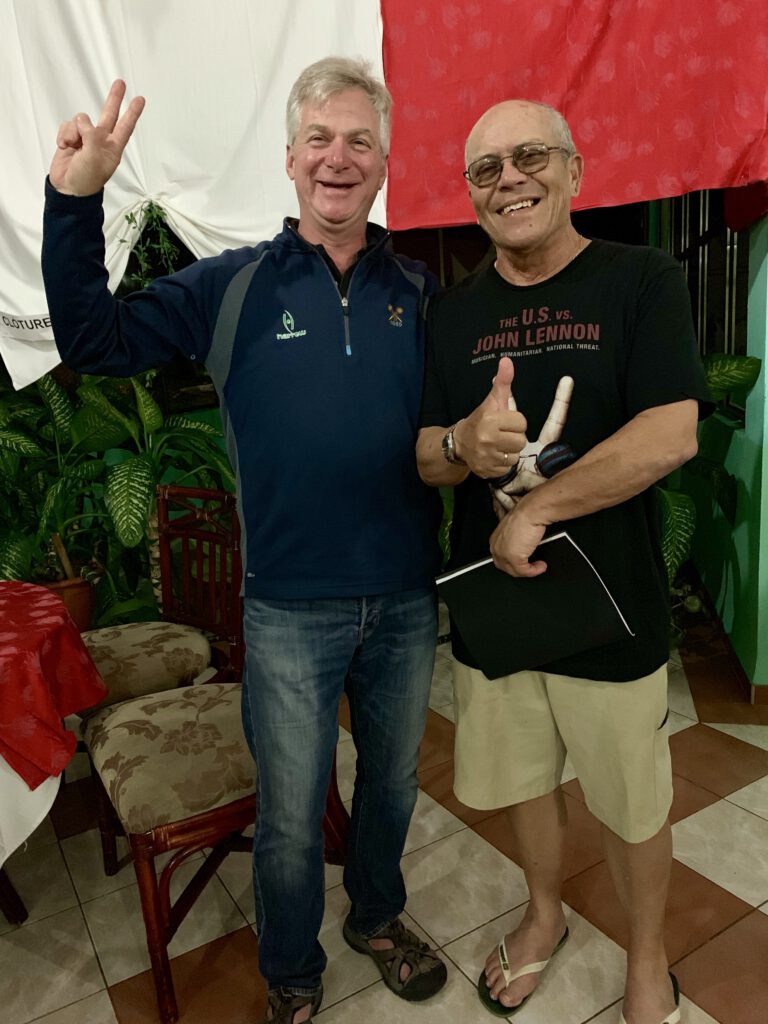
For more information please contact Gary Markowski of Caribbean Conservation Trust by phone at 203.733.1162 or via email at cubirds@aol.com